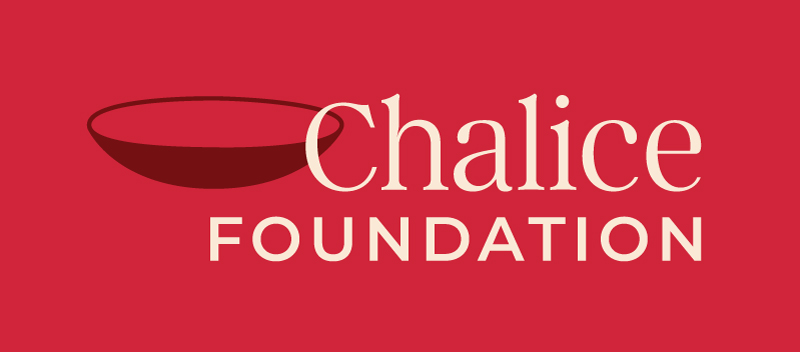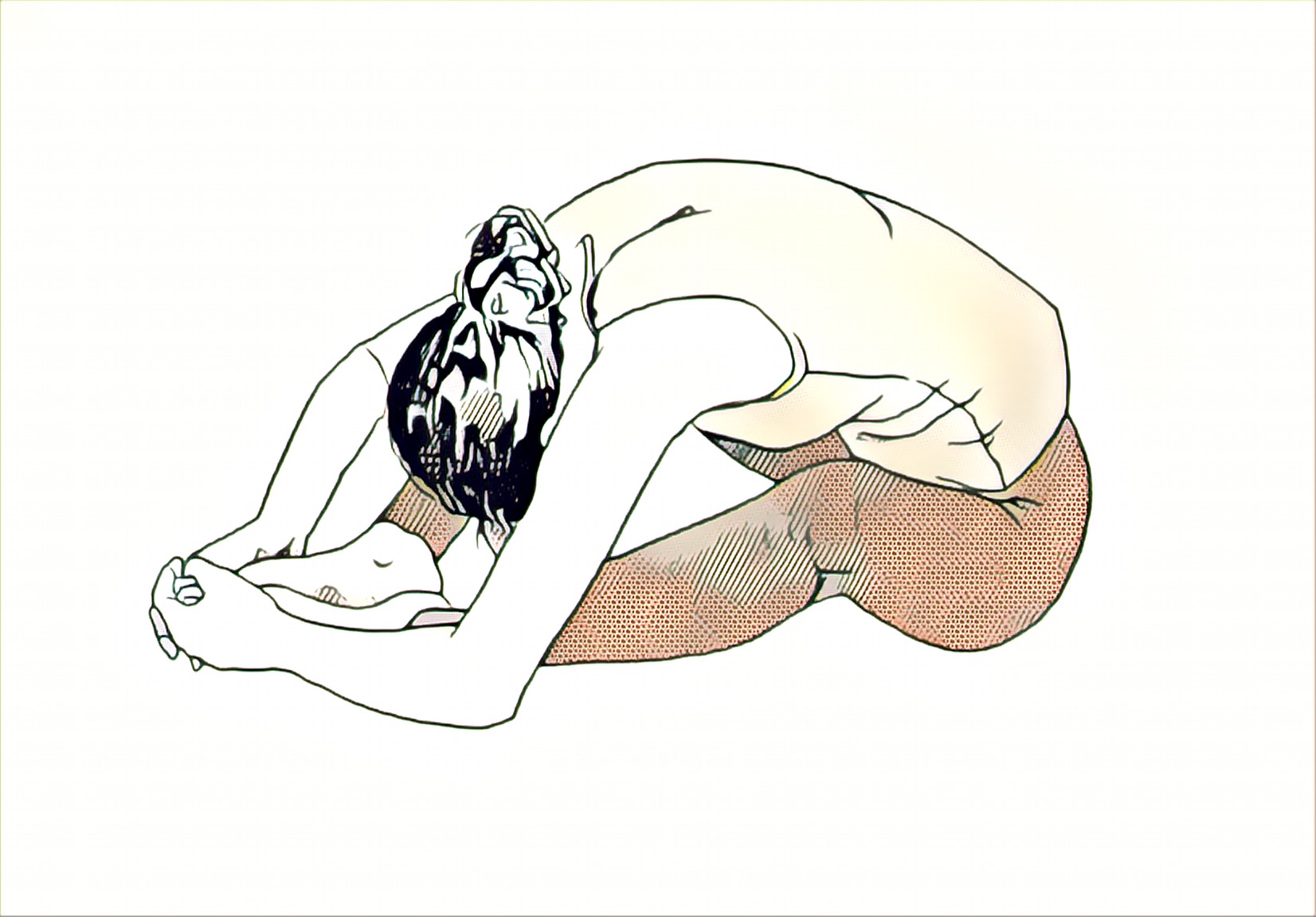This week for The Leak, Jane Bennett continues her exploration of the menstrual taboo and sports. You can read Part I here.
Research on women in sports
Most sports research is conducted by men on other men – meaning we very often don’t even know if women should be doing things differently, risking injury, misdiagnosis and mistreatment of women. Women have different and cyclic hormonal profiles, different body fat distribution, a different (average) size and different risk factors for various diseases to men.
For instance, research from the University of Melbourne found sport psychology research studies, which can influence coaching methods, injury management and performance psychology, are predominantly based on men.
An editorial in the British Medical Journal in 2023 highlighted a range of studies showing the gender gap in sports research and the need to acknowledge and address it.
And a study published in the journal Sports Medicine audited official exercise guidelines and found that they were overwhelmingly based on studies written by men, about men. Mandy Hagstrom, the study’s author and senior lecturer at the University of New South Wales, wrote that governing bodies in Australia, the United States and the United Kingdom put out “consensus statements” on training that ultimately informs personal trainers and coaches, based on these studies. She said, ‘The findings in these statements trickle down into what you and I see happen in the gym every week’.
Prof Sophia Nimphius, Edith Cowan University’s vice-chancellor, and Sport and Human Performance professor, has worked with some of Australia’s top sporting bodies. She says the disparity between the research done on men and that done on women permeates all areas of medicine and science and can have real consequences.
As an extreme example, she points to higher rates of injury and death for women in car crashes because crash test dummies are based on the average male.
The lack of data on women and then the implementation of findings have caused real distress, injury and potential death of women because the decisions and designs we’ve made were exclusively based on the data of men and that puts women at risk.
-Professor Sophia Nimphius [1]
Signs of change: Menstrual health and phase-based training
The Australian women’s football team, the Matildas, team physician, Dr Brandi Cole says ‘… menstrual health is very, very important in our athletes and it’s certainly getting more consideration now, which is just so good.’
Menstrual cycle monitoring is starting to become a normalised part of training and, led by cutting edge medical research into women’s bodies and sporting performance, is making further headway as ‘phase-based training’, as implemented by well-resourced national teams and clubs.
In 2019, when the United States won the Women’s World Cup in France, they did so by pioneering menstrual cycle monitoring and intervention strategies (aka phase-based training), and then told the world about it, calling menstrual tracking one of their ‘performance weapons’.
The concept centres around the four main phases of the menstrual cycle – menstruation, the follicular phase, ovulation and the luteal phase – and tailors training loads to cater for the varying hormone levels in each phase.
Loss of periods and RED-S
Overly intense training can cause some athletes to stop having periods. This has often been considered normal by coaches and a ‘mark of honour’ among athletes themselves. Indeed there’s a dangerous notion in many high performance sporting cultures that the absence of menstruation equates to an ideal elite athlete.
But this can lead to serious health consequences, including a condition called RED-S – relative energy deficiency in sport. Symptoms include periods stopping or becoming irregular, reduced performance, mood changes, and recurrent illnesses and injuries including stress fractures.
Growing awareness of the connection between loss of a menstrual cycle and RED-S is also helping to grow a perception of the value of the menstrual cycle for athletes (and others), for instance through phase-based training, and generally through understanding the benefits of cycling hormones on health and healthy aging.
More signs of change: uniforms for women
In the lead up to the first FIFA Women’s World Cup hosted in the Southern Hemisphere, host nations Australia and Aotearoa New Zealand are forging other firsts, including efforts to break the shame, stigma and taboo that continue to shroud periods.
In April, both teams unveiled new kits that included period leak protections, together with materials and tailoring that specifically respond to the needs of high performance women footballers.
The impact of these changes should not be underestimated. The shame and taboo associated with periods stops many young girls from continuing sport, and misinformation about menstruation affects the performance and health of countless elite athletes. The 2023 FIFA Women’s World Cup is an opportunity to dispel myths and put a focus on the specific needs of athletes who menstruate [2].
The vice-captain of the team, Steph Catley, said, ‘[the] fact the federations and the club teams and associations are listening and saying ‘this is definitely something we can look at and we can change’ shows how far women’s football has come. We have a voice and we have female-specific issues and things we want to be catered for, and they’re listening … I think that’s an incredible thing [3].”
Similar changes are occurring across the global sporting landscape. For instance in 2022 the All England Club relaxed the long-held tradition that tennis players at Wimbledon wear all white, so women can now wear dark undershorts, eliminating anxiety about the embarrassment and drama of stark red on white menstrual leaks. In another instance, the Irish national women’s rugby team has also switched their white shorts for navy.
What you can do
Clubs and teams can take simple steps to create a positive and supportive menstrual culture:
- Provide comfortable and period-friendly uniforms, e.g. dark shorts
- Provide sanitary bins in every toilet and ample, freely available menstrual products
- Have open discussions about periods, how they may impact players and what will help
- Learn about the diversity of symptoms that accompany periods to inform acknowledgement and respect for each team member’s menstrual experience
- Provide education for team members, coaches, parents and other supporters about how team members can train, play and self care for health and fitness within their own cyclic pattern.
These steps can help girls and women be empowered to manage their periods and cycles in ways that will enable them to continue to enjoy participation in sport and exercise and not feel ashamed, anxious or isolated when they have their period.
And here’s a final wise word on exercise and menstrual education from Dr Natalie Brown
Education is massively needed as periods should never stop participation … the aim is to use sport as a platform to empower girls to manage their periods, talk to other girls and also show the power of exercise to help improve symptoms associated with the menstrual cycle through the positive effects on both physical and mental health. Incorporated within this education is the need to highlight to both teachers and girls of the variation in symptoms both physically and psychologically, which may impact the type of exercise performed throughout the menstrual cycle.
For instance, the time between a period and ovulation could result in increased confidence, high energy levels and feeling extremely motivated – bring on a new challenge, try a new sport or skill, exercise super hard at high intensities. However, the week before a period may bring changes in mood and emotion, less motivation, decreased energy levels, painful breasts and stomach cramps.
Use exercise to help reduce these negative symptoms, this might include going for a walk or light exercise such as yoga. By having awareness and adjusting the type of exercise can help girls to stay active throughout their menstrual cycle and even make problematic symptoms more manageable. We need to support girls to be able to achieve this [4].
Some great resources
Many of these issues concerning playing sport and managing periods similarly impact enjoying outdoor pursuits like camping, kayaking or trekking. Outdoor Education New Zealand has put together a terrific free resource, Going with the Flow. Available here.
Still in New Zealand, Sports New Zealand has produced the Balanced Female Health Handbook, a wonderful resource for clubs, teams, teachers and coaches. Available here.
I’m an athlete. Period is an initiative of the South Australian government which aims to promote positive menstrual health in sport. For a trove of information, clips and resources go here.
The Australian Institute of Sport launched an initiative in late 2019, Female Health and Performance Initiative. Go here for a range of thought- and impactful resources.
References:
[1] Shephard, V. (2023) By men, about men: how bad is the gender research gap for women in exercise science?, The Guardian, https://www.theguardian.com/australia-news/2023/jul/09/sports-research-gender-gap-study
[2] O’Shea, M., Maxwell, H., Steel, K. (2023) ‘Period shame stops countless girls from continuing sport. The Women’s World Cup can help break this stigma’, The Conversation, https://theconversation.com/period-shame-stops-countless-girls-from-continuing-sport-the-womens-world-cup-can-help-break-this-stigma-205570
[3] Kemp, E. (2023) ‘They’re all in sync together’: How the Matildas manage their menstrual health, The Sydney Morning Herald, https://www.smh.com.au/sport/soccer/they-re-all-in-sync-together-how-the-matildas-manage-their-menstrual-health-20230717-p5dovj.html
[4] Brown, N. Dr (2021), ‘We’re On It’, The Leak, https://chalicefoundation.org/2021/04/29/were-on-it/

Jane Bennett
Jane Bennett is the founder of the Chalice Foundation and a social worker, researcher, writer and educator with nearly 40 years in practice. After experiencing the revelations of Natural Fertility Management in the mid-1980s Jane began working as a Natural Fertility Management counsellor, then trainer and later authoring The Natural Fertility Management Kits with Francesca Naish. Jane launched Celebration Day for Girls in 2000, Cool on the Inside in 2002, Fathers Celebrating Daughters in 2004 and Mense-Ed in 2016. Jane co-created The Rite Journey girl’s Year 9 program, and continue’s her long-standing role with Natural Fertility Management. Jane is the author of A Blessing Not a Curse and Girltopia, and co-author of About Bloody Time – The Menstrual Revolution We Have to Have, Woman Wise Conversation Cards, The Complete Guide to Optimum Conception, The Natural Fertility Management Contraception Kit and The Pill – Are You Sure It’s for You?, and is eternally passionate about nourishing healthy curiosity and best-practice self-care for women and girls.


